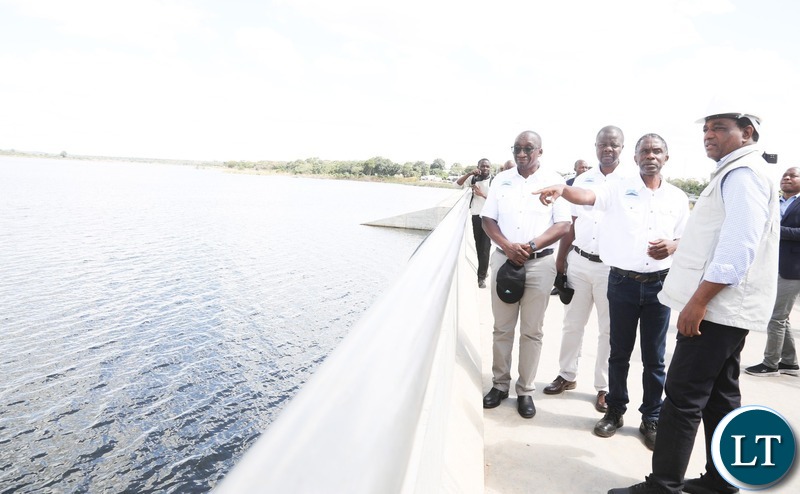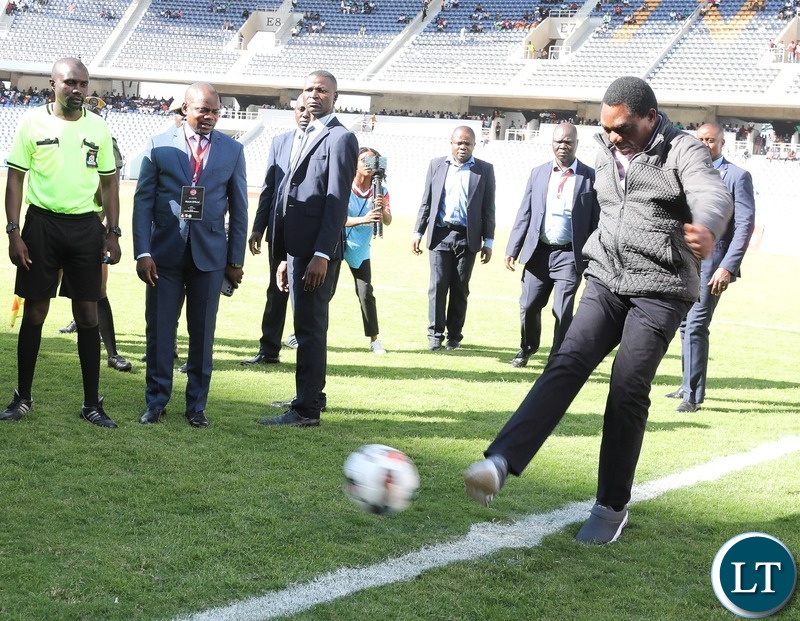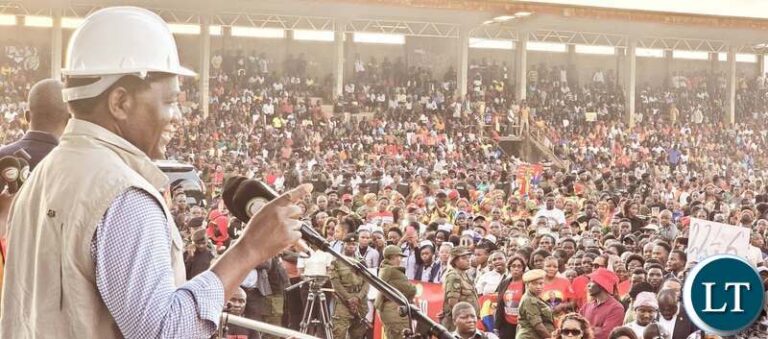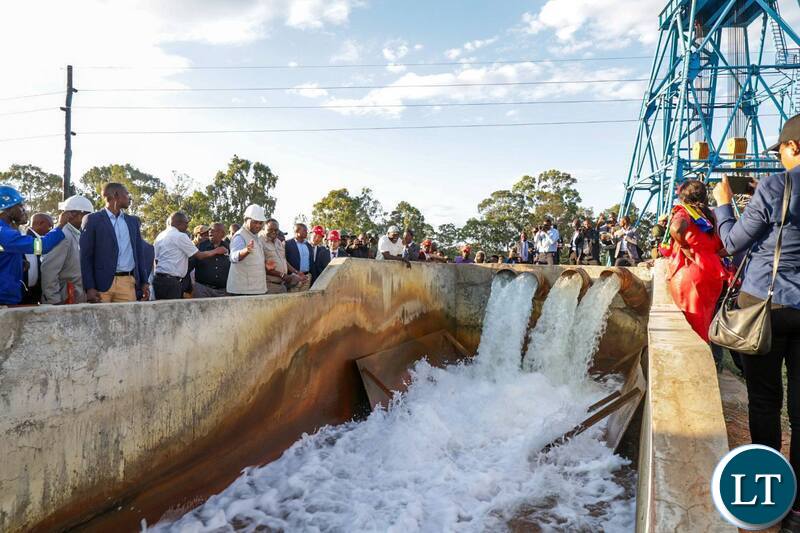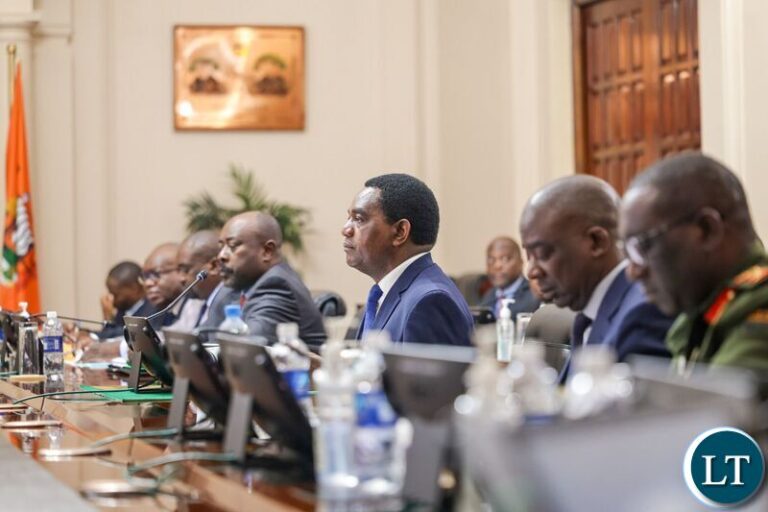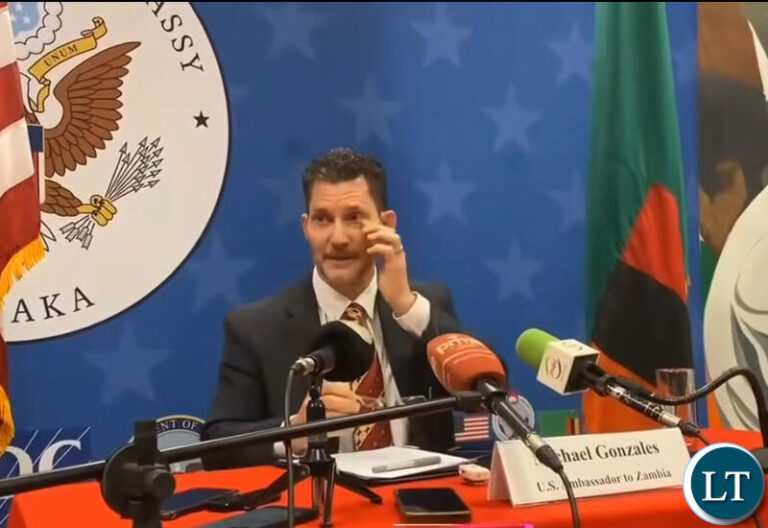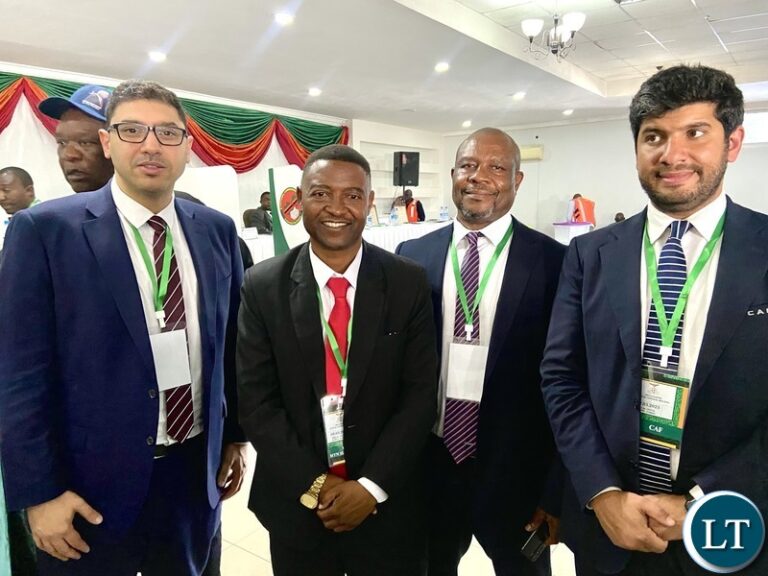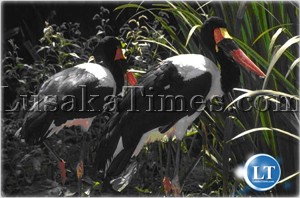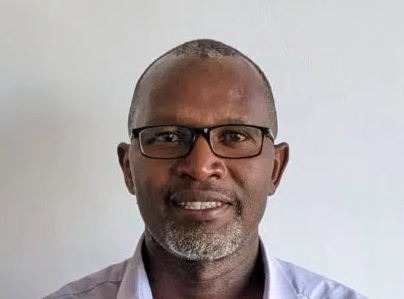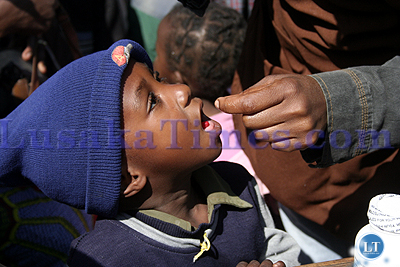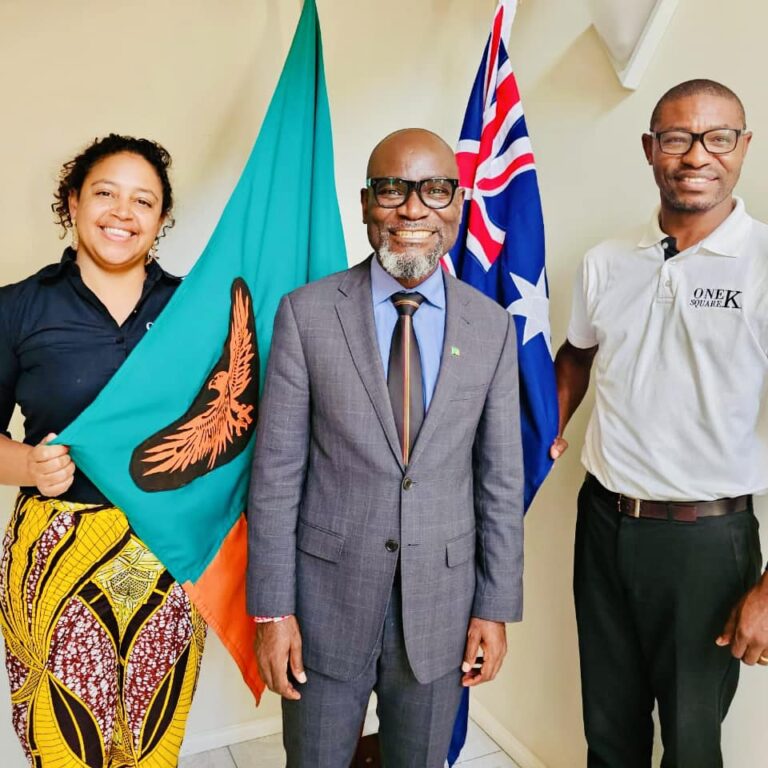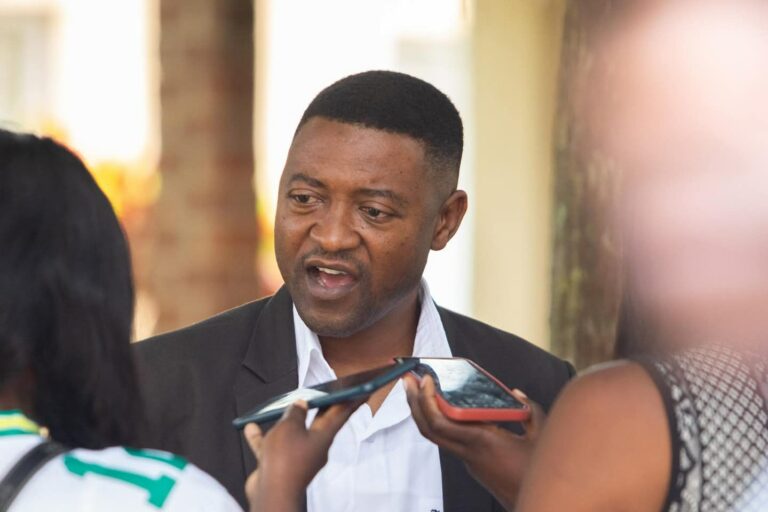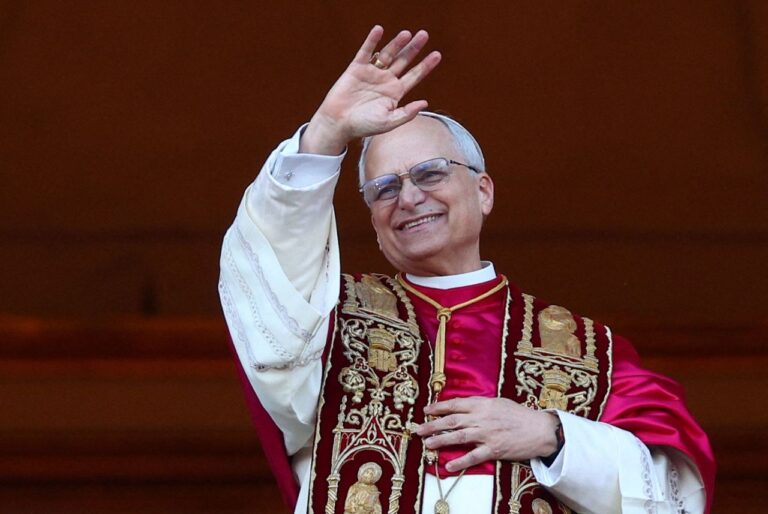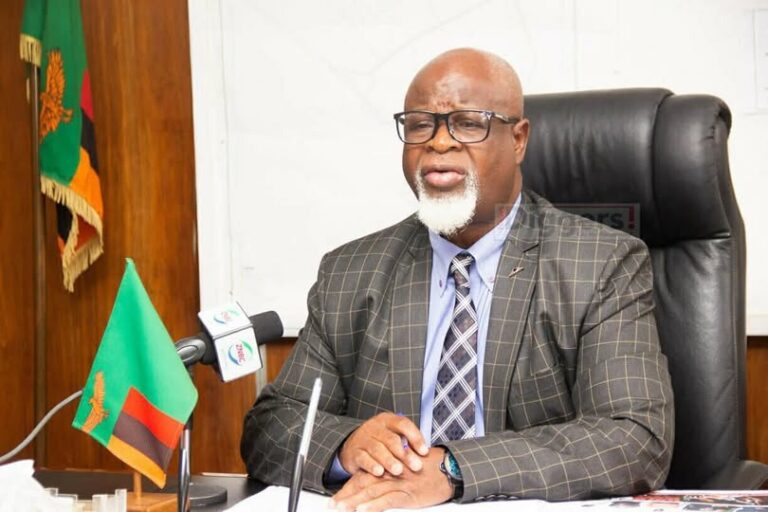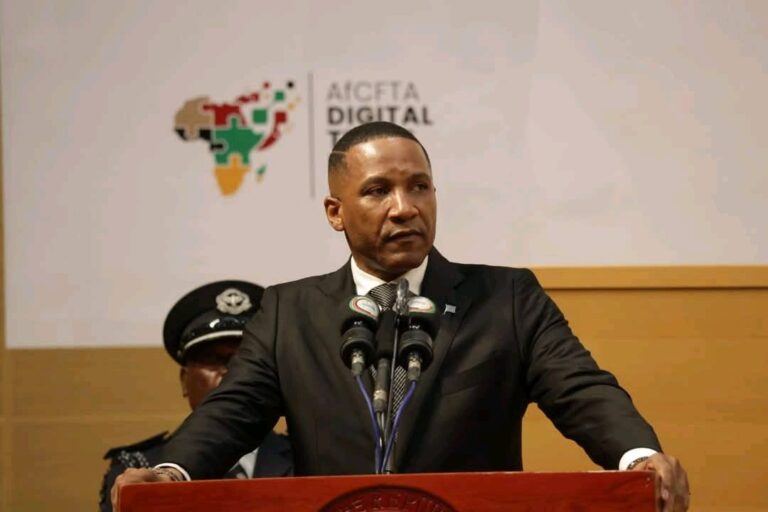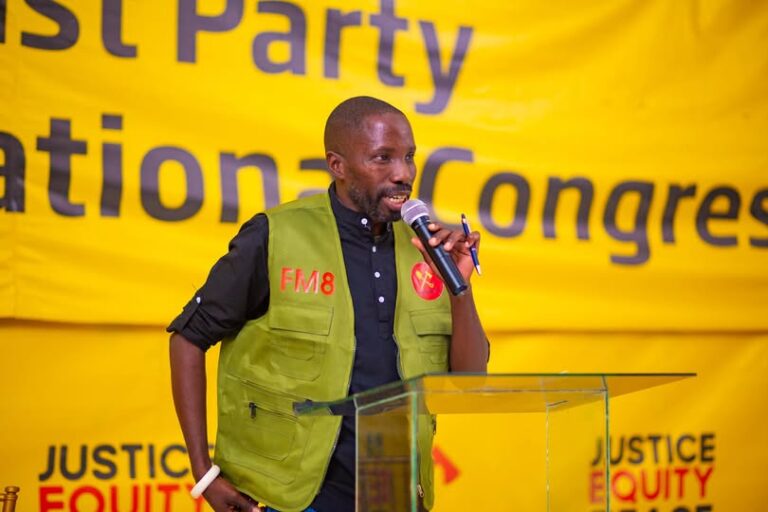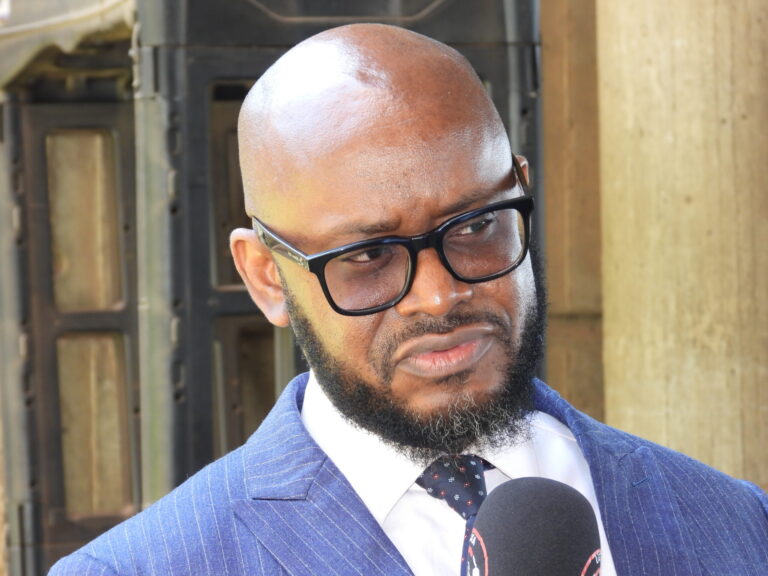By Sishuwa Sishuwa
Corruption is thriving on a massive scale under President Hakainde Hichilema. The reason is simple. President Hichilema lacks any serious commitment and the political will to fight corruption in a meaningful way. Any effective or serious fight against corruption requires three crucial elements.
The first is supportive or empowering legislation. There will be no serious fight against corruption in Zambia as long as the law that establishes the Anti-Corruption Commission (ACC) is not amended to address its longstanding weaknesses. The Anti-Corruption Act is not equipped to fight corruption. It is so flawed that one must be out of one’s mind to accept an appointment to the board because there is nothing serious that they are going to do. The Act provides for the board and the director general to be appointed by the president. This is an anomaly because it makes those in the ACC management feel answerable to the president, not the board. This limitation helps explain why former ACC director general Gilbert Phiri and his successor, Thom Shamakamba, showed contempt for the Musa-Mwenye board because they knew that there was nothing that the board could do to them, even if they failed to discharge their responsibilities. This should not happen. The ACC should be an independent body that must not be under the supervision of the president — himself a prime candidate for high-level corruption.
What is needed is to empower the board to choose the director general and the deputy so that the management officials are answerable to the appointing authority: the board. The board itself should be made answerable to the National Assembly, not to the president. This can only be possible with amendments to the existing law. As it stands, the ACC board has no control over the ACC management. The board can neither discipline nor fire those in the executive leadership. If Hichilema was committed to fighting corruption, the president would have first changed the law to address these structural inadequacies that undermine the work of the board before he appointed a new board in January 2025 to replace the Musa Mwenye-led ACC board that he dissolved in panic after one of his presidential aides is said to have informed him that the anti-graft body was preparing to arrest Solicitor General Marshal Muchende. After all, such a change requires a simple majority in the National Assembly and can easily be passed by ruling party MPs alone. After three and half years in office, and with a sufficient majority in parliament, what excuse does Hichilema have for his failure to enact the necessary changes to the anti-corruption law?
Any president of Zambia who is committed to fighting corruption would also have no problem amending the law to increase the sentences for those convicted of corruption. Currently the law provides for very short sentences for corruption offences, generally ranging from two to five years. The net effect of this lack of stiffer punishments is that potential offenders feel emboldened to engage in acts of corruption because they know that even if they are convicted and sent to jail, it would not be long before they are out to enjoy the loot, stolen from poor Zambians. Again, if Hichilema had the will to fight corruption, the president would have changed the law to ensure that corruption offences attract a life sentence or a minimum of at least 20 years in prison. This would serve as an effective deterrent because potential offenders would know the huge cost to pay for being corrupt. Since Zambia’s experience shows that most of those who engage in high-level corruption are members of the executive, we may understand the reluctance by Hichilema to enact stiffer penalties for corruption as entirely self-serving or deliberate.
The second element of a successful strategy of fighting corruption is the presence in anti-corruption bodies of people with proven integrity. Individuals who are appointed to the ACC board and management positions should be professionals with a clear track record of fighting corruption. This explains why the appointment of Mwenye as ACC board chairperson was met with widespread approval, given his distinguished record of opposition to corruption. What successive Zambian presidents have done is to appoint pliable executive heads of the ACC and seemingly strong-minded individual board members who cannot effectively supervise the pliable heads because of the structural constraints cited earlier. This is the strategy that Hichilema has now perfected. In appointing highly regarded professionals like Mwenye to the ACC board, Hichilema’s objective was never to fight corruption — noticeable evidence suggests that the president retains an extraordinary fear for competent and independent-minded people and has a penchant for surrounding himself with “yes people” — but rather to hoodwink Western actors into believing that he is committed to fighting corruption by hoisting a strong board that is however rendered ineffective by legal constraints and a pliant ACC executive leadership.
This strategy might explain why Hichilema recently appointed Daphne Chabu, a member of the ruling United Party for National Development (UPND), as the ACC director general while giving a veneer of seriousness to the anti-graft campaign by appointing individuals with generally respectable characters such as governance activists Engwase Mwale and Nalucha Ziba as board members. Until her appointment, Chabu was permanent secretary in the Ministry of Lands. Successive surveys by Transparency International Zambia (TIZ) have shown that the most corrupt ministries in Zambia are health and lands. How does anyone who is serious about fighting corruption appoint a controlling officer from one of the country’s most corrupt ministries — and potentially a corruption suspect herself — to head an anti-corruption body? Given her well known political ties to both Hichilema and the ruling party, can the new ACC director general be expected to prosecute her fellow party members including ministers involved in corruption? Simply put, what anti-corruption credentials does Chabu have that made her a suitable choice for the role she has been assigned?
What is needed for a successful anti-corruption fight, in addition to structural reforms, is having non-partisan individuals with a proven commitment to anti-corruption and moral wealth of character in both the board and the executive roles of the ACC. The best way of finding or recruiting such talent is through an open and transparent system of appointment where vacancies on the ACC board or management are advertised and interested people are invited to apply. This way, only the most qualified, competent professionals, and individuals known to be committed to the fight against corruption will be hired into the commission. For this to happen, the government needs to first create a merit-based system that would provide for formal qualifications and requisite qualities that interested candidates must possess. This approach would allow anti-corruption bodies to fill existing vacancies only after a thorough interview and public vetting process in which the presidency is hardly involved. It is one that I have consistently advocated, even when it comes to the appointment of other public officials such as judges.
Again, if Hichilema had the will and commitment to fighting corruption, he would have first established such a system, as opposed to maintaining the status quo and packing the ACC with his loyalists. It is difficult to know what non-subjective criteria is used to identify the ACC board members and management leaders for appointment. Where, for instance, is the evidence that the individual members who were recently appointed by Hichilema to lead the ACC have, both in their personal and professional lives, the DNA that is required to fight corruption? What track record does retired supreme court judge Evans Hamaundu, who succeeded Mwenye as chairperson of the ACC board, have of fighting corruption? If Hichilema was serious about anti-corruption, he would have considered creating merit-based systems that would ensure that those who end up in bodies such as the ACC represent the best talent available for the roles. There is surely no shortage of competent, impartial, and professional Zambians who can serve both on the ACC board and in the executive.
Any person who agrees to serve on the ACC board, as currently constituted by law and despite their knowledge of the challenges that the Mwenye-led board encountered, is potentially corrupt. This is because they are, in effect, accepting to be drawing public funds in form of allowances for doing nothing meaningful. I know that board members get very little money, but the main issue is the principle, not the amount. How does any self-respecting professional accept an appointment to a role where they know — ignorance is an even more serious defect — that they cannot make any meaningful change because of structural limitations? What exactly are they going to do? The point is that even if the ACC board and management positions are filled with professionals of proven integrity, they cannot do much about the fight against corruption if the law remains unchanged. Anyone who is seriously committed to fighting corruption will first check the enabling law and, once they realise that the law sets them up to fail, respectfully decline the appointment.
The third element of a successful anti-corruption campaign is having a president who shows a clear or demonstrable will to fight past and especially present corruption. Such political will can be demonstrated in several ways. One is to strengthen anti-corruption laws. Two is to deal decisively with the corruption of their officials or associates including those in the inner circle. The other is leading by example. A brief review of Hichilema’s record over the last three and half years shows remarkable failure on all three examples. The president has not initiated any meaningful changes to the Anti-Corruption Act. Neither has he sought to align the Act with Article 216 of Zambia’s Constitution that provides for the guiding principles relating to commissions:
“A commission shall —
(a) be subject only to this Constitution and the law;
(b) be independent and not be subject to the control of a person or an authority in the performance of its functions;
(c) act with dignity, professionalism, propriety and integrity;
(d) be non-partisan; and
(e) be impartial in the exercise of its authority.”
Since the Anti-Corruption Act was enacted before the 2016 constitutional amendment, it should have been amended to bring it in line with these constitutional principles. Hichilema has failed to preside over such changes while some of the officials he has appointed to executive roles in the ACC have, in subordinating themselves to his authority and acting in a manner that conveys partisanship or partiality, shown a clear lack of respect for these constitutional principles.
Furthermore, Hichilema has failed to lead the anti-corruption fight using personal examples. The president, who boasts of extensive business interests in several sectors of Zambia’s economy, has refused to publicly declare his assets and liabilities as a show of his commitment to transparency and accountability. This makes it difficult to work out to what extent his policies are benefiting companies in which he has an interest. Hichilema and his supporters like arguing that there is no law that requires him to publish their declarations, but as the US ambassador to Zambia, Michael Gonzales, correctly noted recently, “Leadership is not about only doing the bare minimum that is absolutely required by law, but going beyond and doing what is right and needed to lead and shape reforms.” In any case, if Hichilema truly has the political will to fight corruption, and after three and half years in office, what exactly has stopped his administration from passing a law that would make assets declaration and publication — both for his office and other senior government officials — an annual requirement?
Hichilema has also shown an incriminating reluctance to dismiss ministers and other senior government officials accused of involvement in corruption. The recent decision by the United States to cut aid to Zambia’s health sector due to systematic theft of donated drugs and medical supplies does not come as a surprise. It is a culmination of Hichilema’s cavalier attitude towards corruption and his tolerance of high-level government officials who are involved in corruption. Recently, after Hichilema, having previously sold the country’s food reserves left by his predecessor, embarked on begging assignments, donors gave Zambia money to buy food and address the adverse effects of drought on food security. Hichilema’s officials bought maize from Tanzania at 40 percent more than the actual price. No senior government official has been dismissed from their position for this blatant corruption.
There are also several credible reports of ministers and other public officials who buy votes or use government resources to campaign for the ruling party in parliamentary or ward level by-elections. These include reports from civil society organisations such as TIZ and the Christian Churches Monitoring Group. None of the errant senior officials serving in Hichilema’s administration have to date been dismissed from their roles or prosecuted for this blatant abuse of authority of office — an offence under the Anti-Corruption Act. As Gonzales argued, “There must be consequences for individuals who abuse their public positions for personal gain. They must lose their jobs, their assets, and/or their freedom. The costs of corruption must exceed the financial gain if we are going to stem corrupt practices.”
Given this abbreviated history of Hichilema’s poor record on fighting corruption including in his government, it is fair to conclude that Hichilema is himself potentially corrupt. If there is anything that Hichilema has done well over the last three and half years, it is to throw away any pretence that he is serious about the fight against corruption. I just wish the president could go a step further and change the name of the Anti-Corruption Commission to the more appropriate Pro-Corruption Commission (PCC).
I repeat: Hichilema lacks serious or demonstrable political will to fight corruption. His strategy on this subject appears to be covering his tracks and hiding corruption. The president knows voters despise graft — a key reason they ejected his predecessor — and he is determined to prevent not so much corruption itself but the perception of it under his administration or among his senior officials. I made this point as early as two years ago when I noted that Hichilema’s anti-corruption fight was nothing but a sham. See here: https://africanarguments.org/2023/06/zambia-president-hichilema-five-point-plan-stay-power/…. At the time, not many people paid attention, perhaps because they wanted to give the President more time, while his vociferous supporters such as University of Zambia law lecturer O’Brien Kaaba and Privilege Hang’angu, a Senior Policy Advisor at the Canadian Institutes of Health Research, publicly rose – as they have repeatedly done to my criticism of Hichilema’s leadership actions – to his defence. See here: https://africanarguments.org/2023/06/the-zambia-president-hichilema-desperate-plan-to-stay-in-power-a-response-sishuwa/…
Well, there you have it!
